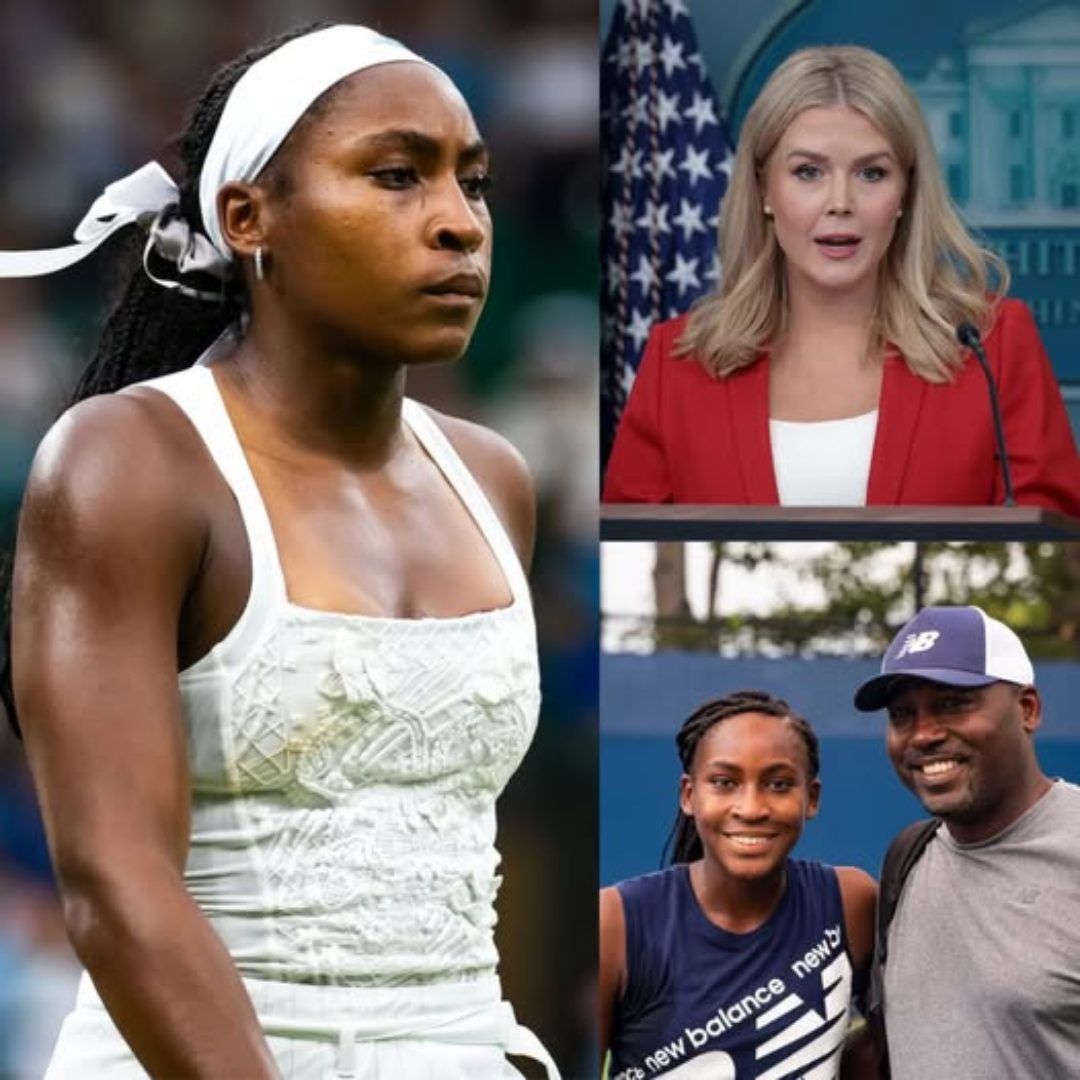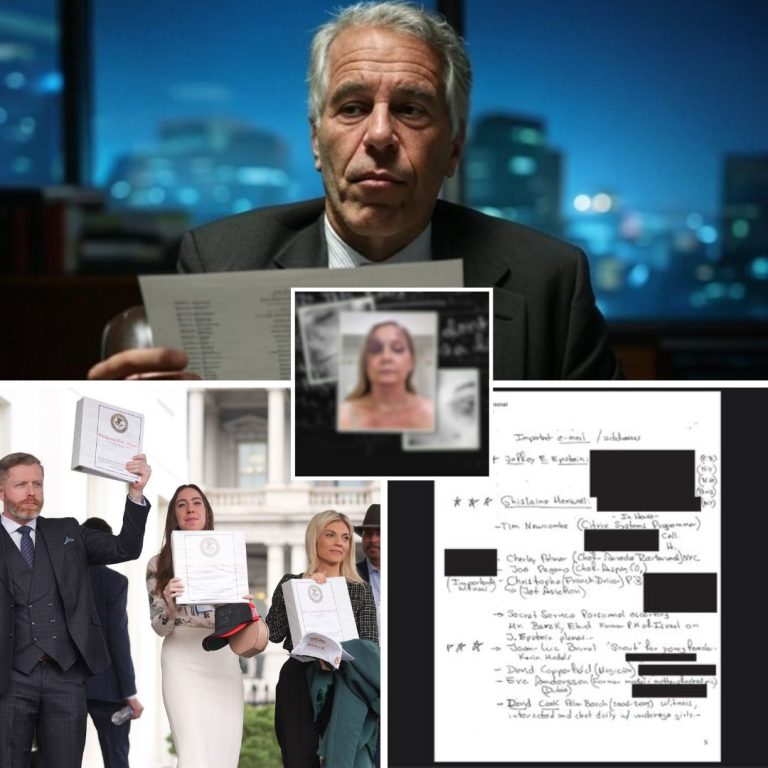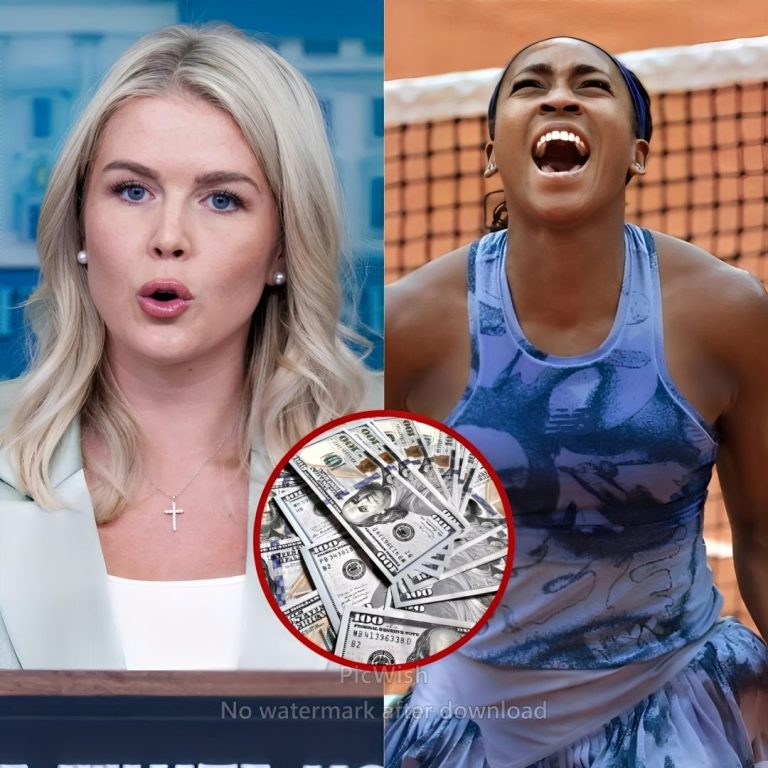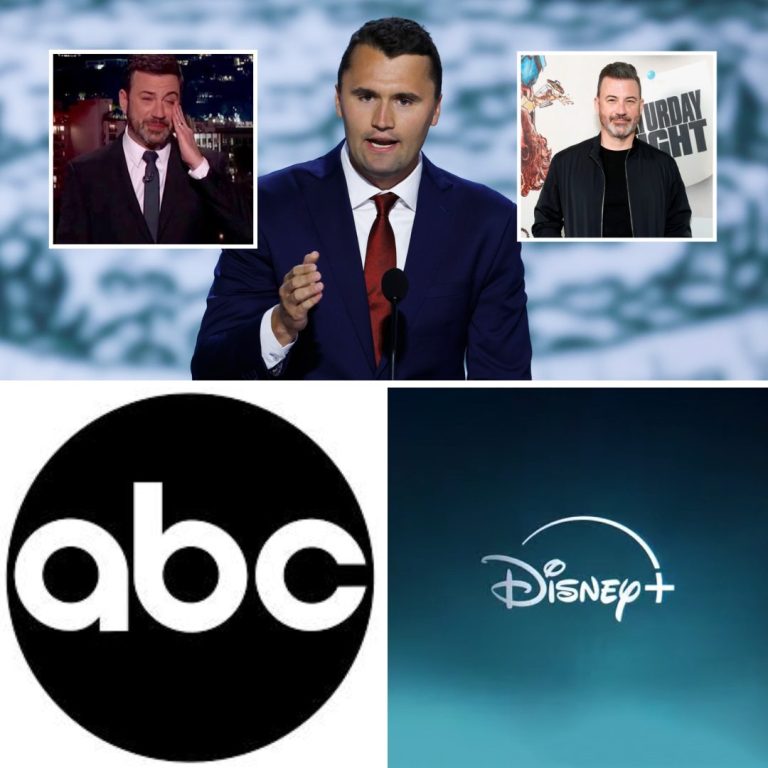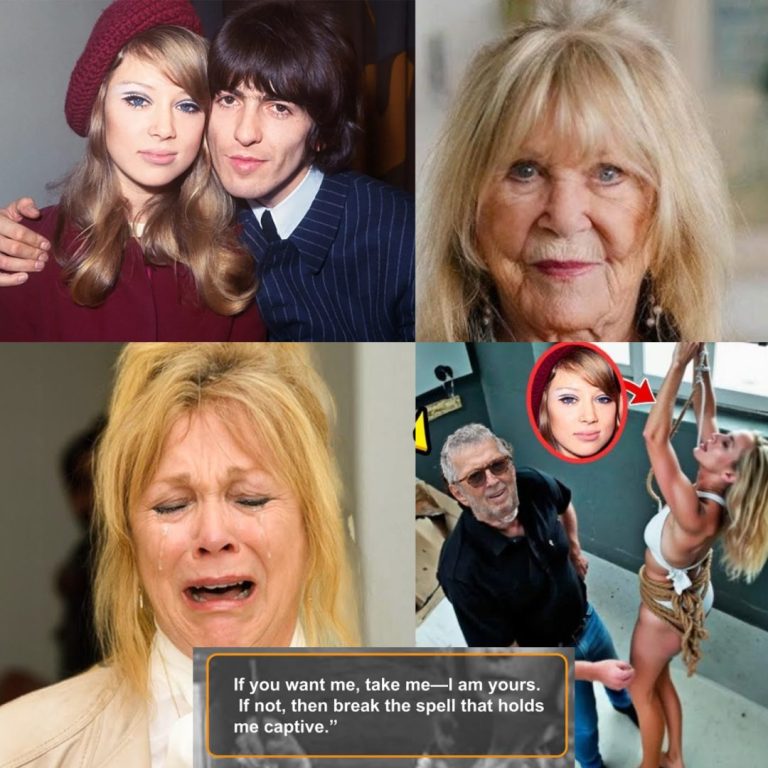The tennis world has seen its fair share of controversy, but nothing prepared fans, reporters, and even rival players for what unfolded at Coco Gauff’s press conference this week.
What was supposed to be a routine media session turned into a moment of raw defiance, cultural power, and emotional intensity when conservative commentator Karoline Leavitt hurled an insult that crossed every imaginable line.
In a shocking outburst, Leavitt dismissed Gauff as “the black brat whose father is a fired basketball player.”
The words hung heavy in the room, sucking the oxygen out of the air.
Cameras clicked, jaws dropped, and a collective gasp spread across the press gallery.
The young tennis star, fresh off a grueling match, was forced into a confrontation far beyond the boundaries of sport.
But Coco Gauff, only 21 and already proving herself as one of the most composed voices in tennis, refused to crumble.
Visibly shaken yet maintaining an extraordinary calm, she leaned into the microphone and delivered a line that is already echoing through the sports world: “Don’t touch my father or my skin.”
Those eight words detonated like thunder.

They were not just a rebuttal — they were a shield, a declaration of identity and love, and a demand for respect.
Fans watching online immediately erupted, flooding Twitter and Instagram with messages of support.
Within minutes, hashtags like #StandWithCoco and #ProudOfCoco were trending worldwide.
Leavitt, visibly rattled by the backlash her remark provoked, scrambled to apologize.
“I was frustrated and I misspoke,” she said sheepishly, calling for peace.
“I want to make it clear that I respect Coco and her family.”
But for many, the damage was done, and the apology felt hollow compared to the sting of the insult.
Coco’s response, however, did not stop with her first powerful retort.
After a long pause, she looked out over the crowd and delivered another statement that deepened the resonance of the moment.
“I love my father, and I love my country,” she said firmly. “No insult will ever take that from me.”
My family raised me to stand strong, and America gave me the chance to prove myself.
I will honor both with everything I have.”
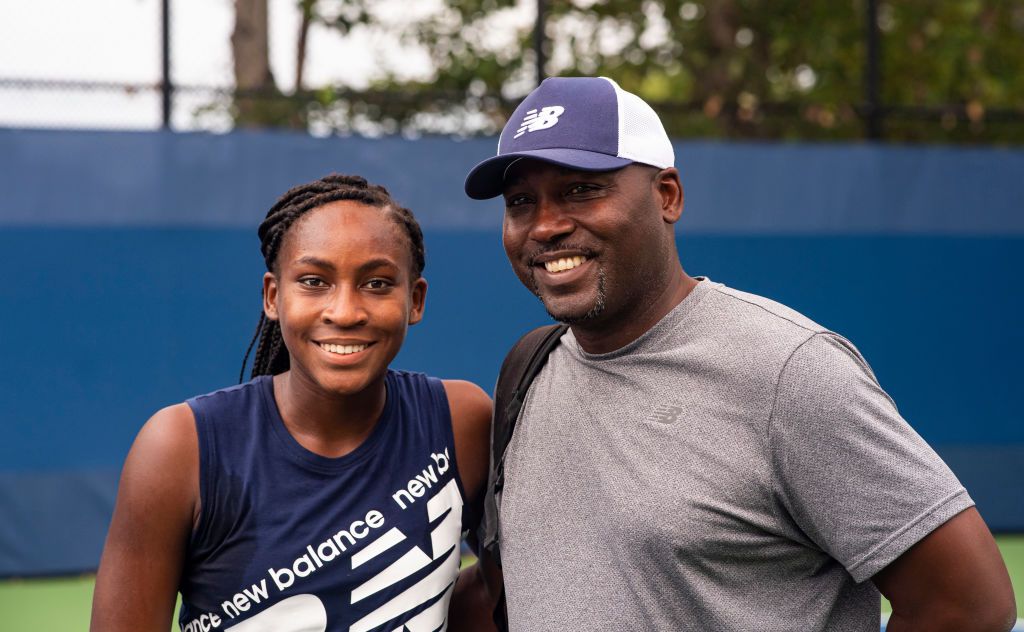
The room erupted in applause. Reporters who moments earlier had been stunned into silence now found themselves clapping.
It was a rare instance where a press conference transformed into something far greater — a cultural moment of courage, pride, and defiance.
Reaction poured in almost instantly.
Serena Williams praised Gauff’s strength on Twitter: “That’s how you handle hate — with dignity and fire.”
NBA legend LeBron James wrote: “Proud of you, Coco. Keep fighting for your family and your future.”
Even political leaders weighed in, calling Gauff’s response an example of resilience in the face of ugliness.
The USTA issued a strong statement condemning Leavitt’s comments and affirming its support for Gauff.
“Tennis is built on respect,” the statement read. “Coco showed the world what grace under fire looks like.
We stand firmly with her.”
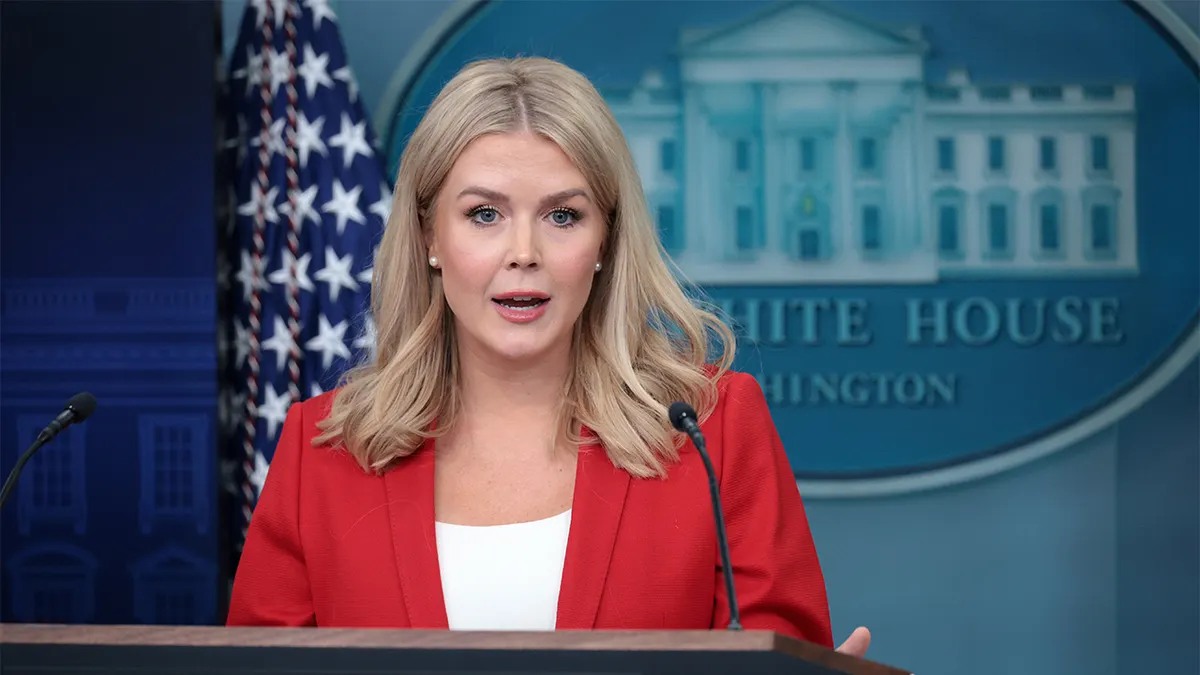
Meanwhile, the WTA has announced it is reviewing the incident to determine whether further disciplinary action will be taken against Leavitt.
Analysts have already begun labeling the exchange as a defining moment in Gauff’s career — not for a shot played on the court, but for a stand taken off of it.
“This was bigger than tennis,” ESPN’s Chris Fowler said.
“It was about dignity, family, race, and the strength to fight back against cruelty with words that will be remembered for years.”
For Coco Gauff, the moment was both painful and empowering.
She did not seek the confrontation, but she met it head-on, transforming what could have been an attack into a declaration of her values.
In doing so, she reminded fans that athletes are not just defined by what they achieve between the lines, but also by the courage they show when their identity and loved ones are challenged.
In the end, Coco’s eight words will live on: not just as a defense of her father and her skin, but as a statement of pride, love, and unshakable resolve.
And for those who witnessed it, it was a reminder that greatness is not only about trophies and titles — it’s about knowing who you are, and never letting anyone take that away.
